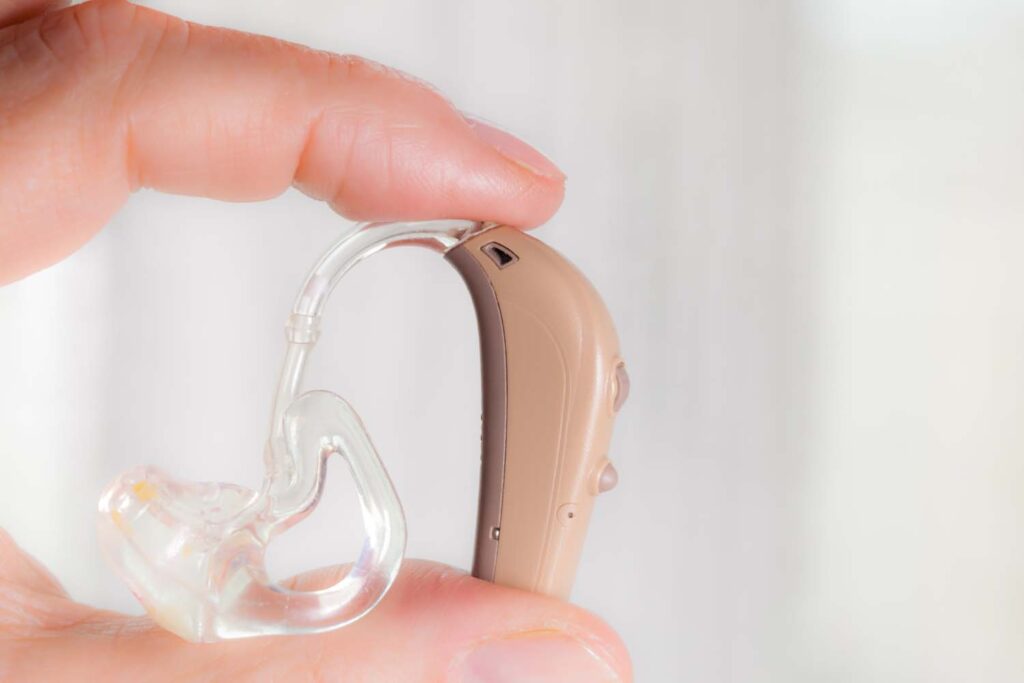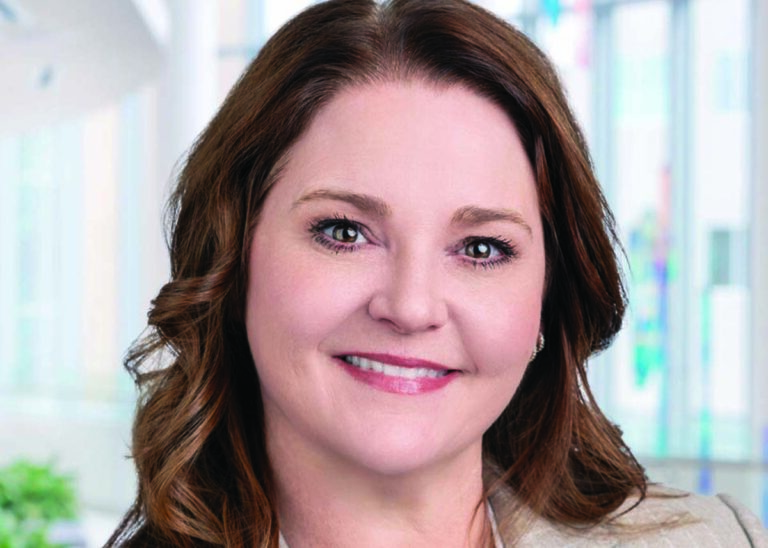Untreated hearing loss impacts more than physical health.
Beyond the physical dangers of untreated hearing loss, including doubling the risk of developing dementia, professionals also notice its effect on mental health.
Hearing centers like HearingLife, located in Wheat Ridge, inform customers about the connection between untreated hearing loss and mental health concerns.
A large poster on their front door, along with pamphlets for customers, feature statistics from studies on the risks of untreated hearing loss. Research shows that untreated hearing loss increases the risk of cognitive impairment by as much as 57 percent. Older adults with hearing loss are up to 24 percent less likely to participate in social activities.
According to Cameron Malcolm any situation that causes isolation and disconnection in older adult populations can be a major mental health trigger. When an individual can’t hear conversations well it may push them to be a bit more isolated, said the manager of older adult services at Jefferson Center.
Jefferson Center, a local nonprofit in its 67th year of service, provides mental health care and resources to the community. Their navigation department helps individuals access mental health support. Translation services, including those for the deaf, are available.
Untreated hearing loss can take some of the joy out of conversations and may cause anxiety over difficulty discerning sounds. Beyond these concerns, people experiencing hearing loss may grieve the change in their body.
“Any loss of functioning is a loss,” Malcolm said. “There’s grief around anything that changes or doesn’t continue to meet our assumptions of what life’s going to be like. If we do lose some kind of functionality in our bodies, that’s really difficult.”
To move through grief Malcolm advises processing emotions, talking about the changes, and working toward accepting a new reality.
“Getting any support is a great opportunity to take a look at what’s happening and how to face it, in order to get some supports around it,” Malcolm said.
For many, support can come in the form of an adaptive device, which may ease the transition into a new normal.
Talking with a healthcare provider may be a first step in both learning about the physical side of hearing loss and the mental side. Many older adult practitioners now screen for mental health concerns, alongside physical health assessments, during all appointments.
Some may respond better if loved ones start these conversations.
“It could be a touchy situation,” Malcolm said. “If they’re not able to hear folks, then they’ll be able to tell if there’s some change happening. I’ve come across some folks too who say that everyone’s just talking really quietly.”
Social nets can provide an extra layer of support for older adults with untreated hearing loss. Professionals, family, friends and community members may notice when conversations become harder on the receiving end due to hearing loss. With any tough conversation, Malcolm recommends connecting with the individual person.
“When we approach anything, it’s always helpful to introduce it in a way that feels like it aligns with their values,” Malcolm said.
Compelling reasons why someone may treat hearing loss could include hearing their grandchildren or children clearer, or hearing their favorite television or radio programs better.
Other community resources like the city of Lakewood’s Lloyd G. Clements Community Center offer technology assistance for older adults and community reachout appointments, which could be used to schedule hearing related appointments.
If anyone can handle the challenges of hearing loss, it’s the Boomers and following generations, Malcolm said. The Boomer generation handles aging differently from generations in the past. She sees Boomers handling tough situations related to aging with open mindedness.
“I think the Boomers are much more inclined to receive different kinds of help than previous generations,” Malcolm said. “So that’s positive. There’s less stigma around receiving help and saying they need therapy.”






